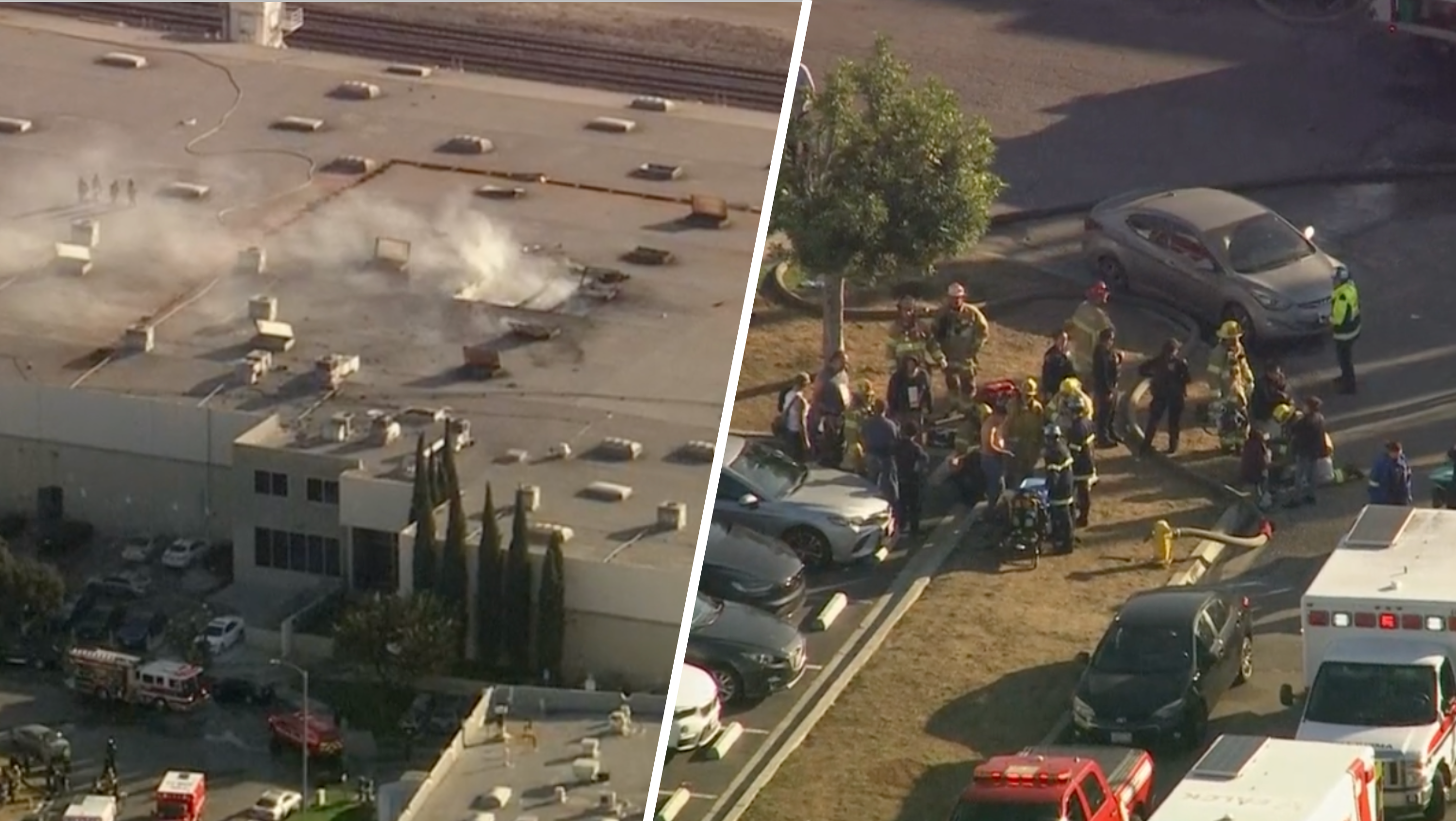Should they stay or should they go? That's the question one California judge is grappling with in a landmark lawsuit that is challenging the state’s education and teacher tenure laws.
- Download: FREE NBC LA Mobile News Apps
Attorneys convened Thursday morning and afternoon in a Los Angeles courtroom to present closing arguments in a case that has students rallying to receive equal education and teachers hoping to preserve their job security.
The plaintiffs are nine public-school students whose lawyer argues that five of California’s current teacher tenure statutes make it too easy to nab lifetime jobs and too hard to fire ineffective teachers.
The plaintiffs believe that this creates unfair advantages and disadvantages in classrooms, and that it hampers students’ future opportunities.
- Read: CA Drought Coverage
“Kids aren’t getting the education they deserve,” said Kate Elliot, a plaintiff named in the lawsuit.
Local
Get Los Angeles's latest local news on crime, entertainment, weather, schools, COVID, cost of living and more. Here's your go-to source for today's LA news.
Added Elizabeth Vergara, the named plaintiff of the case: “We need good teachers in schools to help us, to inspire us and to work with us to learn.”
Theodore Boutrous, the attorney for the plaintiffs, argued Thursday that there are grossly ineffective teachers in California classrooms right now.
He said that keeping the current laws intact will keep these bad teachers at the head of classes -- a problem that will hamper students in the long run and deprive them of thousands of dollars in future career earnings.
Attorneys for the state and teachers’ union, however, say that education problems and classroom inequality are not caused by the laws, and that bad teachers are not the responsibility of the state.
Teachers and their unions are defending the current tenure, seniority and dismissal rules because they consider them to be employment safeguards.
Teachers also view the case as an attack on experience, saying effective teaching comes after years of experience.
“I love my students,” said Casey Carlson, a special education teacher.
“I’m not afraid to stand up for my students, but if you take away my due process … I can’t do that anymore and I can’t be the effective advocate that I am.”
The defense on Thursday also argued that districts have the right to fire ineffective teachers and have adequate time to do so -- there is a nearly two-year probationary period. This is a point that has been contested since the case's start.
“There is no way that is a sufficient amount of time to make – in my opinion – that incredibly important judgment,” testified Los Angeles Unified School District Superintendent John Deasy in January.
The case and teacher statutes behind it have been a bone of contention for California education for two months now.
The defense has called it “costly and misguided litigation,” but has also said it will appeal if the ruling does not go its way.
The case has reached the court level because it has failed several attempts to change state law in Sacramento.
Attorneys from both sides will submit briefs of their final arguments April 10.
Judge Rolf Treu, who has presided over the trial, will then have 90 days to make a final decision.
He said, as of Thursday, he has not made up his mind.



